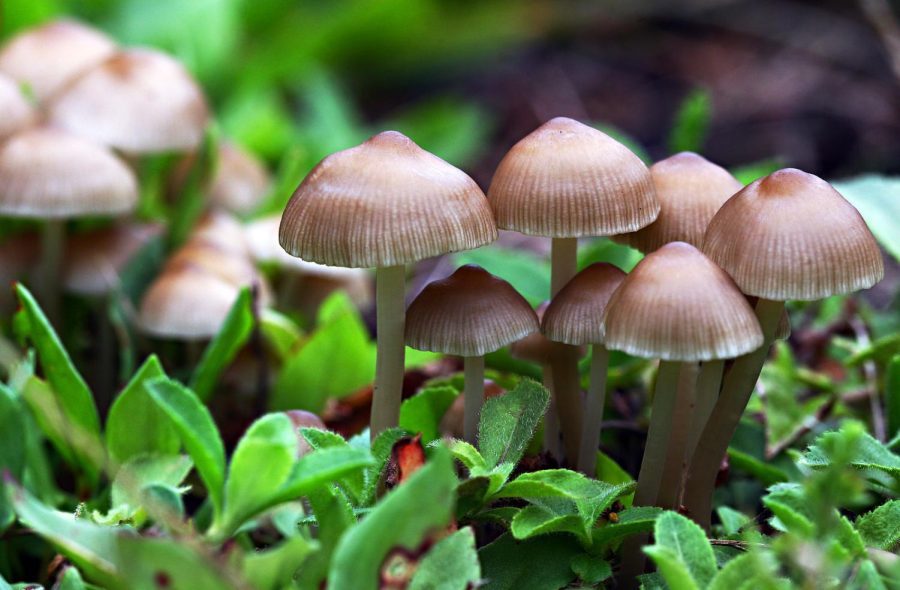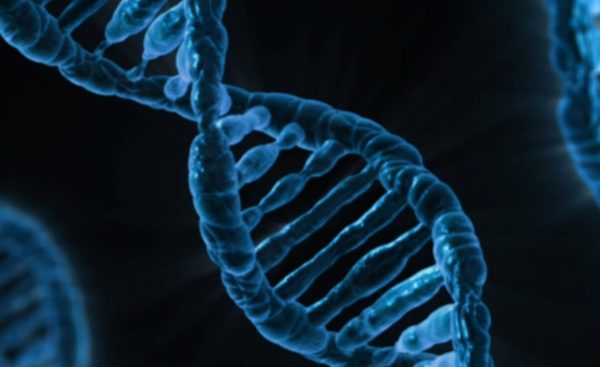Magic Mushrooms
Psychedelic mushrooms, also known as magic mushrooms, are confirmed to have excellent antidepressant effects. The consumption of magic mushrooms can be dated back to over 5.3 million years ago, but have only recently been investigated for their health benefits. Recently, scientists have studied the effects of psilocybin on the brain and body.
Psychedelic mushrooms are a special type of naturally occurring mushrooms that contain the psychoactive compound psilocybin. Upon consumption, psilocybin turns into psilocin, which is known for its psychedelic properties, meaning that it induces sensory hallucinations. These hallucinations could include altered states of consciousness and perception. This happens because psilocin has a very similar structure to serotonin, which plays a large role in the regulation of mood, sleeping, and stress-coping mechanisms. According to Drug Science, “Due to this similarity in molecular structure, psilocin molecules activate the same receptors in the brain that serotonin activates, particularly at a specific receptor site known as 5HT2A.” 5HT2A is a receptor that regulates functions like imagination, learning, and perception. The psilocybin-turned-psilocin activates these receptors, producing hallucinations. Clinical studies have shown that it can be used to combat depression if taken while guided.
Essentially, magic mushrooms help break negative thought patterns to pull people out of depressive cycles, addiction, and more. It affects the Default Mode Network, the brain’s main information highway. This part of the brain regulates thought patterns. Psilocin temporarily disables these roads, creating a time that, if people are properly guided, can be used efficiently to reprogram neural networks. A recent study published in the New England Journal of Medicine took fMRI scans of patients in a controlled experiment taking psilocybin mushrooms. According to the University of San Francisco, “the scans found that the psilocybin treatment reduced connections within brain areas that are tightly connected in depression… and increased connections to other regions of the brain that had not been well integrated.” Essentially, psilocybin gives people the chance to connect with the less-commonly focused parts of their brain.
This is beneficial for people with depression, addiction, and other mental disorders characterized by rumination, a state of being mentally stuck. In the brain, this can be imagined as hills and valleys. People who struggle with mental health issues often find themselves stuck in these ‘valleys’, often dwelling on past mistakes, perceived imperfections, etc. According to King’s College London, psilocybin “flattens” these hills and valleys, promoting newer perspectives and room for “healthy flexibility and diversity in their thought patterns.” By promoting a change in thought patterns, psilocybin encourages a strong change in mindset to help draw people out of their depression holes.
The most groundbreaking discovery about these studies is the discovery that even people who didn’t respond well to common antidepressants currently on the market could gain some results from psychedelics. However, while these results have been a breakthrough in psychedelic studies, this topic is still relatively new. Taking psychedelic mushrooms unsupervised is very dangerous, and could lead to undesired side effects. Psychedelics are still in the process of being tested, but will hopefully lead to innovations in healthcare.
concealing around 15,000 fentanyl pills, specifically dyed in a variety of colors, in a seemingly normal lego box as part of a drug trafficking scheme. According to the U.S. Drug Enforcement Administration, this was the largest seizure of rainbow fentanyl in the history of New York drug busts.
Although the numbers introduced give some perspective on the danger the wide dispersal of this drug might have, it is hard to understand the true damages without understanding the science behind it.







Bruh moment • Jan 30, 2023 at 12:31 pm
What do you mean eating mushrooms has been dated back 5.3 million years? Humans as we know them havent existed really for more than around 4 million years. Do you mean to say that psychedelic mushrooms have existed for 5.3 million years and creatures used to eat them?